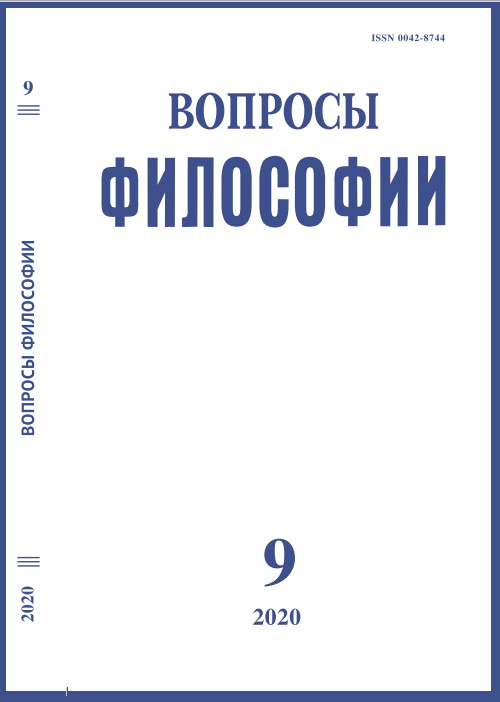The Scholasticism in Rus’
DOI:
https://doi.org/10.21146/0042-8744-2020-9-166-177Keywords:
scholasticism, Rus' (Russia), Hildegard of Bingen, John of Paris, Joachim of Fiore, John (Meister) Eckhart, John Tauler, Henry Suso, Gerbert of Aurillac, Giles of Rome, John de Sacrobosko, Honorius of Autun, Vincent of Beauvais, Albert the Great, Thomas of Aquino, Raymund Lullius, Thomas à KempisAbstract
The article deals with the question of the nature of relationship and the specifics of interpenetration of Western European and Russian intellectual cultures and traditions. A particular role is given to the reception in Rus’ (Russia) of the scholastic heritage: the style of thinking, the scientific, political and religious worldview. A special attention is focused on the figures of Raymund Lullius and Thomas à Kempis. It is also emphasized that for the Russian reader the purely rationalistic and completely spiritual aspects of Western scholasticism were equally acceptable. Of interest were the problems discussed in it, both of mystical life and of the philosophical interpretation of history. In addition, attention is drawn to the fact that the scholastic tradition influenced the development of Russian literature (N.V. Gogol, A.K. Tolstoy, M.A. Bulgakov), as well as the formation of Russian philosophical vocabulary.

